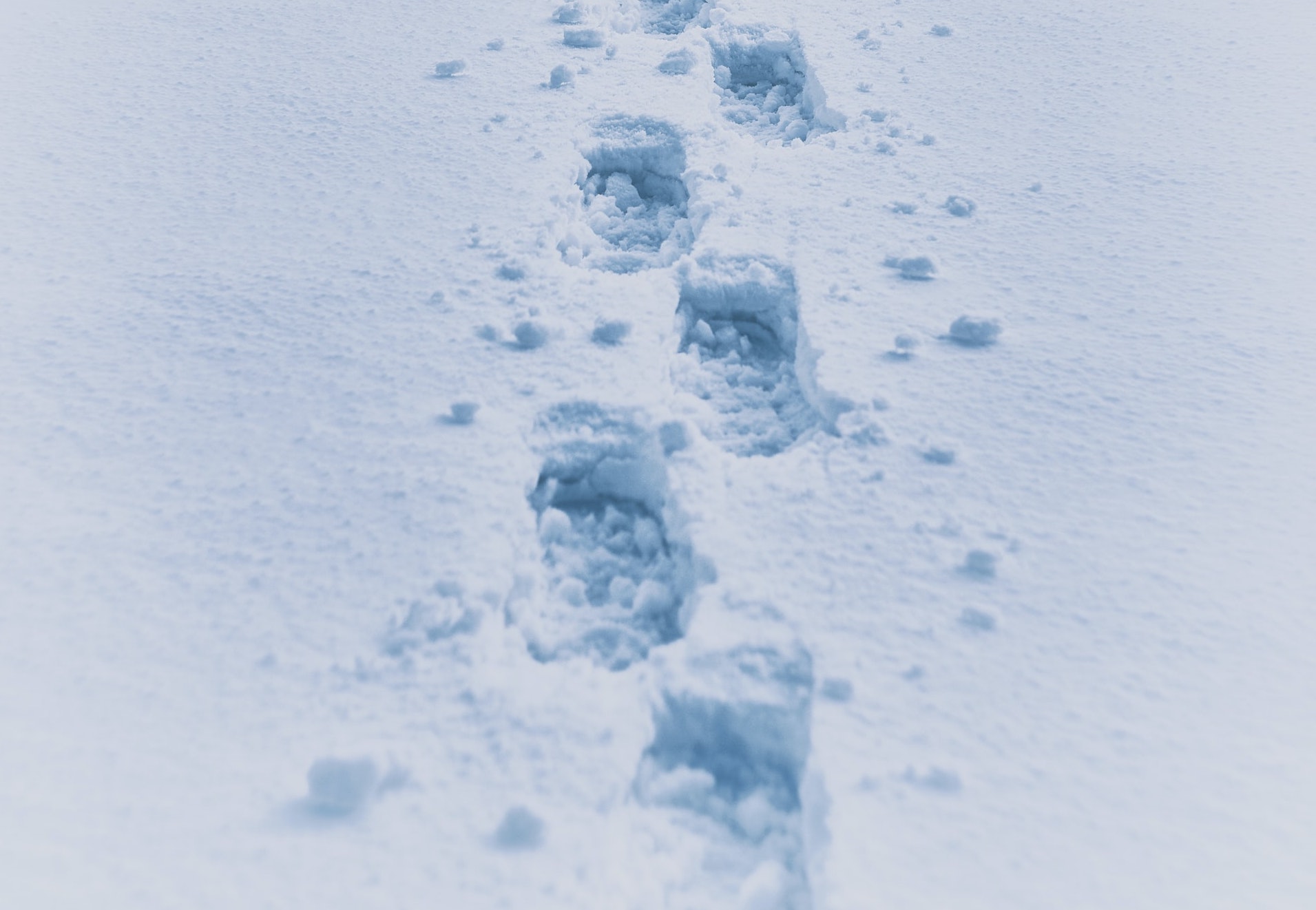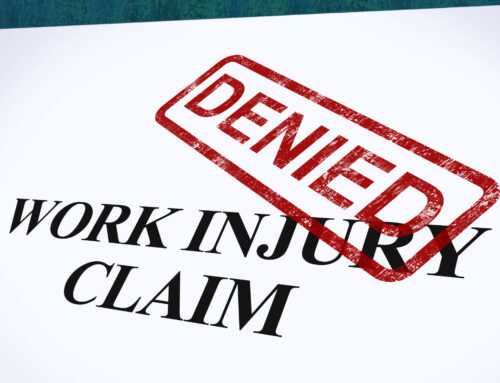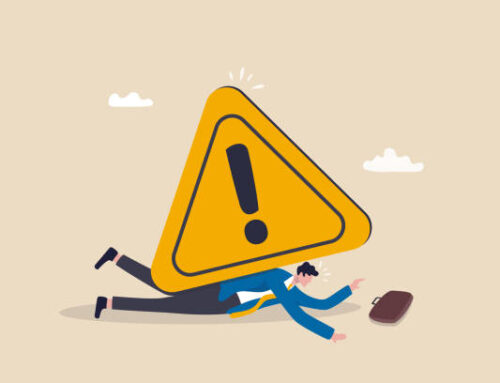Every season comes with its own unique festivities – and hazards. It’s hard to enjoy holiday fun and traditions when you’re injured, which is why we’ve made this list of the most common winter workplace injuries and how to avoid them.
Slip and Falls
Slips and falls are the most common kinds of workers’ compensation accidents, so it’s no surprise that the presence of ice and snow raises the risk. Falling sounds like a trivial event, but the impact can result in contusions, dislocations, sprains, strains, fractures, and countless other injuries. High winds, unsalted parking lots and sidewalks, and precipitation in low temperatures increase the likelihood of employees suffering from these workplace accidents.
- Proper winter footwear such as no-slip boots help your feet grip the ground more firmly.
- Check the bottoms of your shoes for condensed snow chunks. Snow can sometimes cling to your shoes as you tread through it and then melt throughout the day, making every surface a slippery one.
- Take advantage of safety precautions that your employer should have in place such as floor mats and handrails. Your employer is legally required to provide a safe work environment to employees. If there are unsafe conditions that have caused you harm, contact an attorney right away to help you with your claim.
- Watch your step!
Car Accidents
For occupations that involve driving any type of vehicle, such as delivery services, suppliers, truck drivers, construction workers, and rideshare services, the risk of getting in an accident on the job is much higher during the winter. According to the U.S. Department of Transportation, over 116,800 people are injured in car accidents because of poor winter road conditions every year.
- Winterize your work vehicle.
- Try to do one thing at a time when the road is wet. Icy and slushy surfaces are already dangerous to drive on. Doing maneuvers such as braking while steering can reduce the control you have over the vehicle.
- Clear snow and ice off of the vehicle before driving.
- Take it nice and slow.
Frostbite
When exposed to cold weather for an extended period of time, the tissue beneath your skin can freeze. The body parts that are most often frostbitten are the fingers, toes, ears, nose, lips, hands, and feet. How do you know if you’re just cold, or if you have frostbite? Here are the symptoms.
- Burning or stinging sensation in the affected area.
- Loss of touch sensitivity.
- Skin that is hard and wax-like.
- Paleness or discoloration.
- Skin blisters after warming back up.
- Stiff muscles and joints.
- Pins and needles.
Frostbite injuries can be prevented at work by limiting your time outside in the cold, dressing warmly from head to toe, and staying well hydrated.
Back Injuries
What does cold weather have to do with back injuries? Employees that perform maintenance in their work environment have a high probability of injuring their backs at work from salting icy surfaces, putting out sand, shoveling, and heavy lifting. These activities can result in back strains, sprains, herniated or bulging discs, or even a fractured vertebrae.
- When shoveling, remove small amounts of snow at a time, or opt for a snow blower if one is available.
- Let your legs do the lifting.
- When putting out salt or sand, don’t carry around heavy bags. Instead, bring smaller amounts with you. It may take longer, but your back will thank you for it.
- Wear shoes that have good support.
- When you’re about to lift something, push the object a bit to test its weight before picking it up.
- Pay attention to your posture.
Hypothermia
Yes, believe it or not, you can get hypothermia at work. If your body loses too much heat, your organs will be unable to function correctly. In extreme cases, hypothermia can even cause organs to fail. Some of the symptoms are as follows.
- Poor coordination.
- Dizziness.
- Shivering.
- Memory loss.
- Slurred speech.
- Losing consciousness.
- Red skin.
- Weakened pulse.
Hypothermia can be prevented similarly to frostbite. Wear warm clothing, avoid overworking yourself, stay as dry as possible, and limit the time you spend exposed to the cold.
If you have been injured or made sick in the workplace, contact an experienced personal injury lawyer as soon as possible. Your attorney will help you file your claim, gather the required evidence, and guide you through the workers’ compensation process. For free legal advice, give us a call to schedule a consultation, and we’ll start making moves to win you the compensation you deserve.







